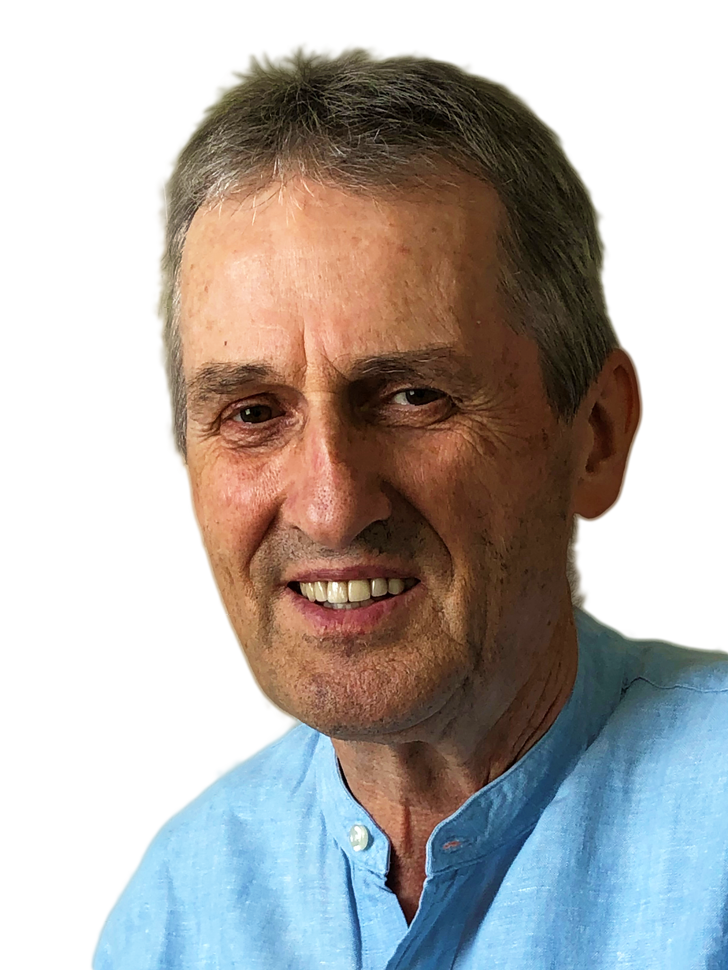„Freiheit ist der Zweck des Zwanges, Wie man eine Rebe bindet, Daß sie, statt im Staub zu kriechen, Froh sich in die Lüfte windet.“ von: Friedrich Wilhelm Weber, (1813 – 1894), deutscher Arzt, preußischer Zentrumsabgeordneter, Übersetzer und Versepiker (abgelegt unter Diverses 30.12.2011, im Beitrag: diverse Zitate) ……………………………. weiter zu: diverse Zitate …………………………………… weiter zu: sämtliche Zitate ……………………………………. Sorry, this entry …
Goethe Zitat
„Die Natur versteht keinen Spaß, sie ist immer wahr, immer ernst, immer strenge, sie hat immer recht, und die Fehler und Irrtümer sind immer des Menschen.“ Johann Wolfgang von Goethe (abgelegt unter Diverses 30.12.2011, im Beitrag diverse Zitate) ……………………………. weiter zu: diverse Zitate …………………………………… weiter zu: sämtliche Zitate …………………………………….
Osho Zitat 17 e : Disciple
„A disciple means a seeker who is not a crowd, who is trying to be centered and crystallized, at least trying, making efforts, sincere efforts, to become individual, to feel his being, to become his own master. All discipline of yoga is an effort to make you a master of yourself. As you are, you are just a slave of …
Osho Zitat 17d : Center – discipline
„A center is the first necessity, and only a person who has a center can be blissful. Everybody asks for blissfulness, but you cannot ask for it, you have to earn it.! Everybody hankers for a blissful state of being, but only a center can be blissful. A crowd cannot be blissful, a crowd has no self. Who is going …
Osho Zitat 20 : Desires
„A conscious effort is needed for two things. One: Whenever you feel a moment of pleasure is there, transform it into a meditative situation. Whenever you feel that you are experiencing pleasure, happy, joyful, close your eyes and look within and see from where it is coming. Don`t lose this moment; this is precious. If you are not consious you …
Osho Zitat 19 : psychosomatic
„And remember, if the body is not moving, your mind cannot move because mind and body are not two things. They are two poles of one phenomenon. You are not body and mind, you are body-mind. Your personality is psychosomatic-body-mind both. The mind is the subtlest part of the body. Or you can say the reverse, that the body is …
Kraepelin Zitat 7 : Einteilung der Geistesstörungen
Emil Kraepelin (1856 – 1926) schreibt in der sechsten Auflage seines Buches (1899): “Bei weitem am häufigsten ist der Weg einer Eintheilung der Geistesstörungen nach ihren klinischen Zeichen eingeschlagen worden, weil die Erscheinungen des Irreseins dem Beobachter am unmittelbarsten in die Augen fallen. Auch dieses Verfahren stösst sehr bald auf Schwierigkeiten, sobald es gilt, das Wesentliche vom Zufälligen und Nebensächlichen …
innerer Zeuge
Der innere Zeuge ist als „passiver Beobachter“ auf das Zentrum des Erlebens gerichtet. Daher kann man auch sagen, dass der innere Zeuge als „passiver Beobachter“ auf das Zentrum des eigenen Bewusstseins hin ausgerichtet ist. Dabei entwickelt sich der innere Zeuge durch die Entspannung im Bewusstseinszustand in dem man sich mit keiner Assoziation identifiziert (vgl. mit Osho Zitat 13d). Diese Erfahrung …
Yoga
Yoga ist die Disziplin bei der der mentale Prozess zum Stillstand kommt. Yoga ist also die Praxis bei der das Denken und damit die Assoziation zum Stillstand kommt. Dann ist der innere Zeuge etabliert. Alle anderen Vorgänge sind charakterisiert durch die Identifikation mit den Inhalten der Psyche.* * Anmerkung: womit dann eben die Assoziation nicht zum Stillstand kommt, weil eine Assoziation die nächste ergibt. …
Osho 17c : Yoga – 1. Kommentar
„… Yoga is the science to be in the here and now. Yoga means now you are ready not to move into the future. Yoga means you are ready now not to hope, not to jump ahead of your being. Yoga means to encounter the reality as it is. … (Seite 4) … One is not interested in what can …

